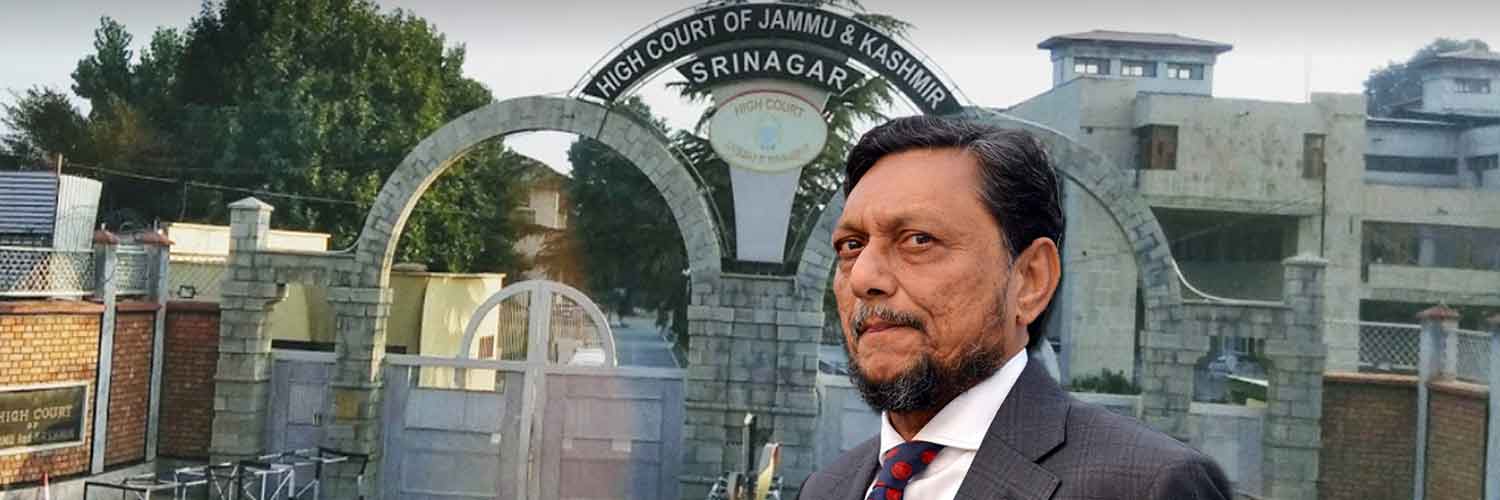On Wednesday, the Supreme Court sought the Centre’s response on a petition seeking directions for ‘uniform grounds of divorce’ for all citizens, in the spirit of the Indian Constitution.
The bench comprising of Chief Justice S A Bobde, Justices V Ramasubramanian, and A S Bopanna issued notices to the Union Ministries of Home Affairs, Law and Justice, and the Women and Child Development on the public interest litigation filed by BJP leader and lawyer Ashwini Upadhyay. Therefore, the top court sought the Centre’s response on two petitions that sought uniform grounds for divorce, maintenance, alimony for all citizens across the country.
Two separate PILs filed by BJP leader Ashwini Kumar Upadhyay stated that women across all religions ought to be treated equally and if some religious practices deny them their fundamental rights, such practices should not be protected.
The counsels for the petitioner Senior Advocates Pinky Anand and Meenakshi Arora said that discriminatory practices must be abolished and highlighted the Shayara Bano judgment of the Supreme Court in which the practice of instant Triple Talaq was struck down.
“State has to ensure certain rights and dignity under the Constitution. If a religious practice is violating such fundamental rights, then State has to step in,” Arora said. The rules governing the Muslim community with regard to maintenance and alimony were pointed out by the counsel to highlight discrimination faced by Muslim women in this regard.
Further, the petitioner sought a direction to the Centre to take appropriate steps to remove the prevailing anomalies in the grounds of maintenance and alimony and make them uniform for all citizens without discrimination on the basis of religion, caste, race, sex, or place of birth. Upadhyay made the case that despite the eloquent provisions enshrined in the Indian Constitution, the Centre has failed to provide religion-neutral and gender-neutral uniform grounds of divorce for all citizens.
Meanwhile, citing that entertaining the petitions would amount to nullifying personal laws in this regard, CJI Bobde asserted that “You want personal laws to be abolished. You are not saying it but that is what will have to be effectively done. How can we encroach upon personal laws? Problem then is which practice will you adopt across the board? How will you decide whether to adopt Hindu, Christian, or Islam?”
“Bringing in the uniform ground for divorce, maintenance and alimony could raise obvious issues about which religious grounds should be applied across the communities,” he added. However, the court went on to issue a notice to the Centre. “We will issue notice but with caution,” the Court said.
Currently, Hindus, Sikhs, Jains, and Buddhists have to seek divorce under the Hindu Marriage Act, 1955, while Muslims, Parsis, and Christians have their own personal religious laws. A couple from different religions can apply for divorce under the Special Marriage Act, 1956. Furthermore, if either partner is not an Indian national, then he/she has to seek divorce under the Foreign Marriage Act, 1969.






